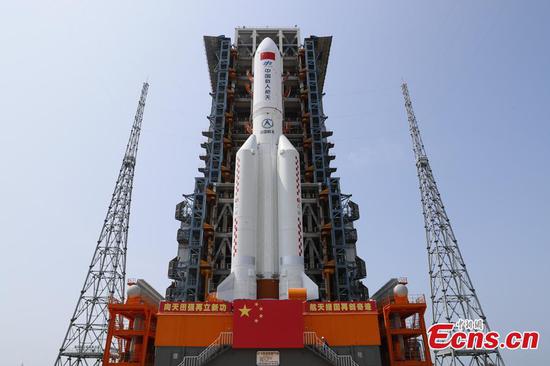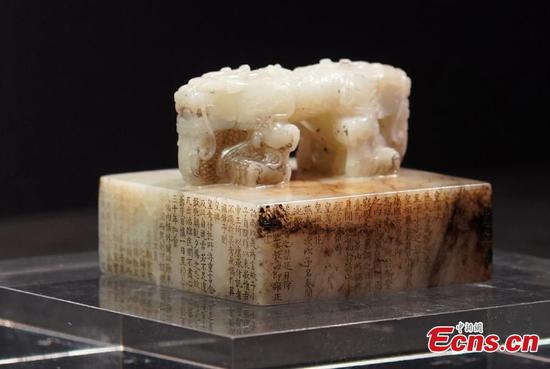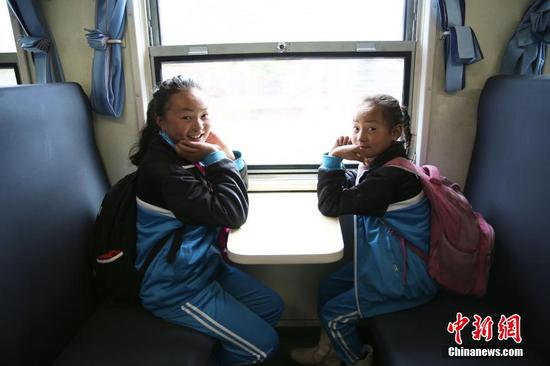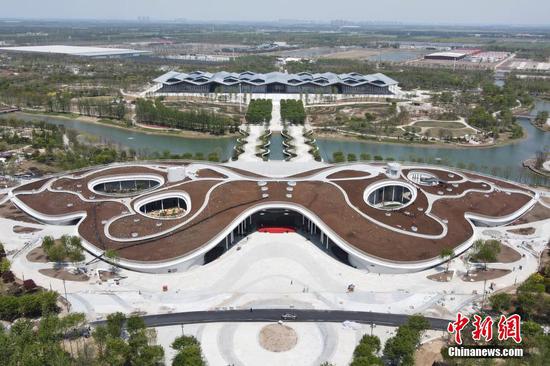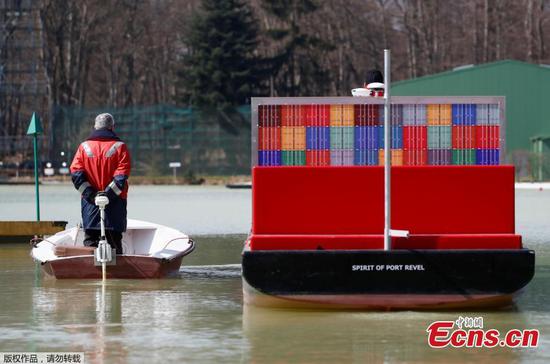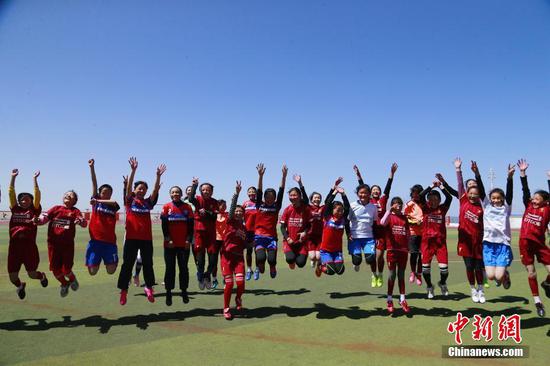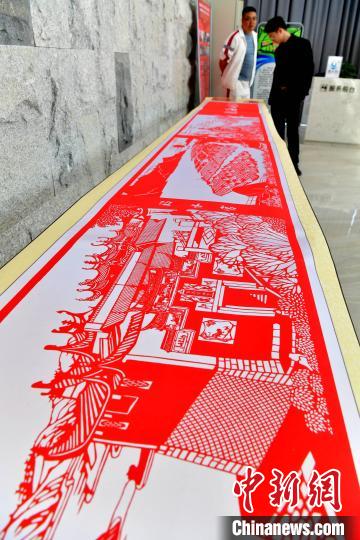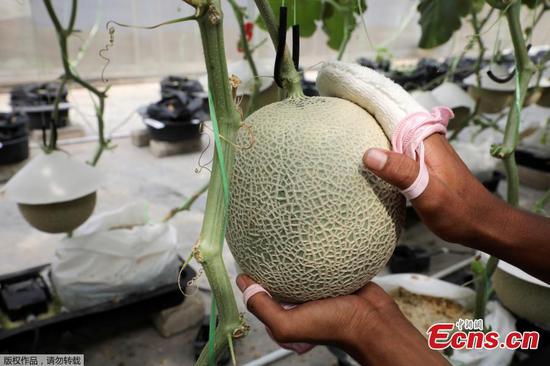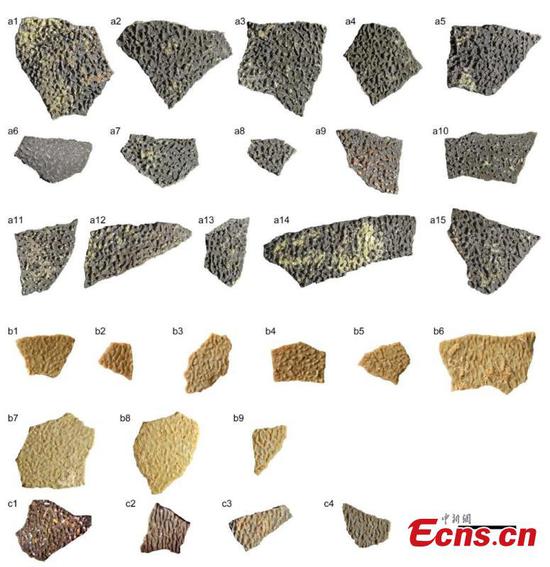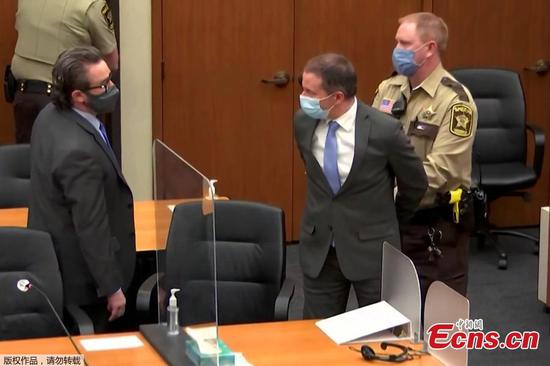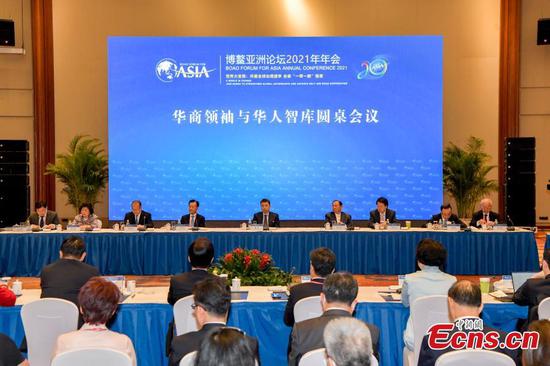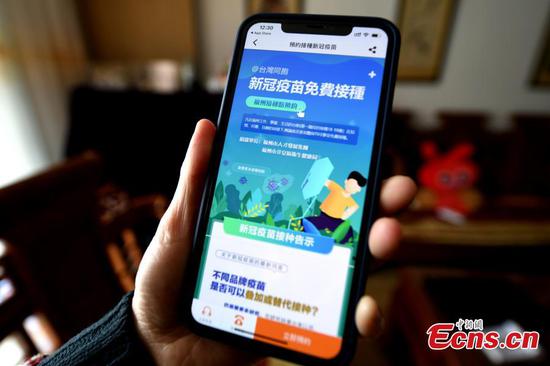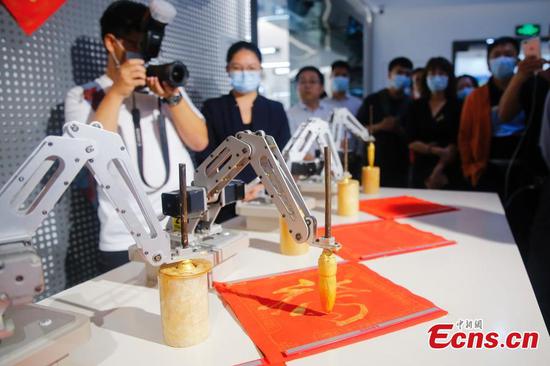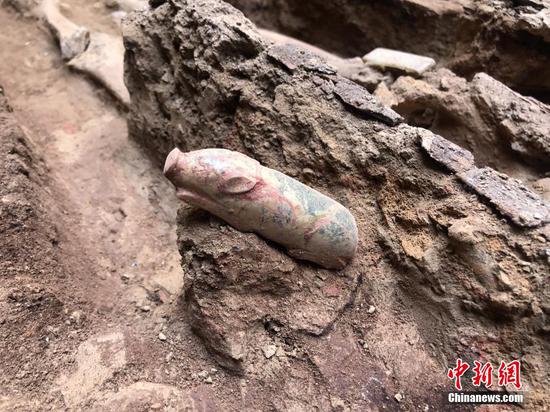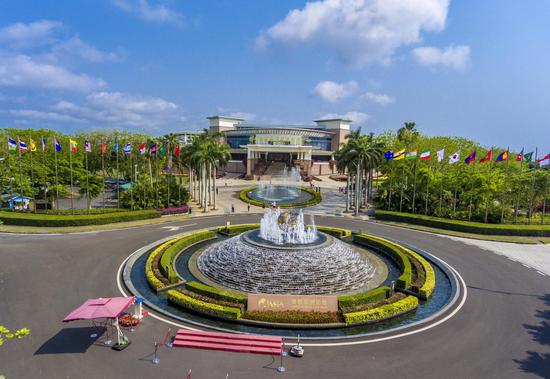The United States is yet to find the right way to deal with China, with its new administration still holding misunderstandings towards China, Chinese State Councilor and Foreign Minister Wang Yi said on Friday.
Wang made proposals on how to view China-U.S. relations from a strategic perspective during a video conference with the U.S. think tank Council on Foreign Relations (CFR).
"We think that the right approach to deal with China-U.S. relations should be strengthening communication, deepening cooperation, narrowing differences and avoiding confrontations," Wang said. If confrontations are at the front, then both are going to suffer from loss, he added.
He said that China hoped that the United States would view China's development objectively and rationally, and explore with China a new path of peaceful coexistence and win-win cooperation.
Wang said that China adheres to the policy of peaceful development and will never seek hegemony because lessons from its historical experience have said that if a country turns to hegemony, it is doomed to fail.
He added that China's development and revitalization have resulted from its efforts instead of invasion and expansion. All the efforts China has made aim at earning a better life for its people, not trying to replace or defeat anyone.
Wang said that China hopes the U.S. would respect and accommodate the path and system that China has independently chosen.
"China-U.S. relations are entering a new crossroad," Wang said. The key to the future development of bilateral relations depends on if the U.S. can accept the peaceful rise of China, a country that differs in the social system, historical culture and development stage, as well as recognizes that Chinese people have the right to pursue a better life.
No interference in China's domestic affairs
The Chinese foreign minister also reiterated China's positions on Taiwan, Xinjiang and Hong Kong, asking the U.S. not to interfere in China's internal affairs. He said that the U.S. can't expect China to cooperate on issues that of U.S. interests but repeatedly challenge China's rights and interests.
Speaking of Taiwan, Wang stressed that playing the "Taiwan card" is "playing with fire," urging the United States to strictly abide by the one-China principle and honor its commitments under the three China-U.S. Joint Communiques.
Wang said that "genocide" and "forced labor" are big lies fabricated for political motives on matters related to China's Xinjiang Uygur Autonomous Region.
In response to the latest development in Hong Kong, he said the U.S. side should respect the efforts of the Chinese government to implement the principle of "One Country, Two Systems."
The video conference was hosted by Richard Haass, president of CFR, drawing nearly 500 participants in the U.S.
Wang called on members of the CFR to continue to contribute wisdom for promoting China-U.S. cooperation and safeguarding world peace.










